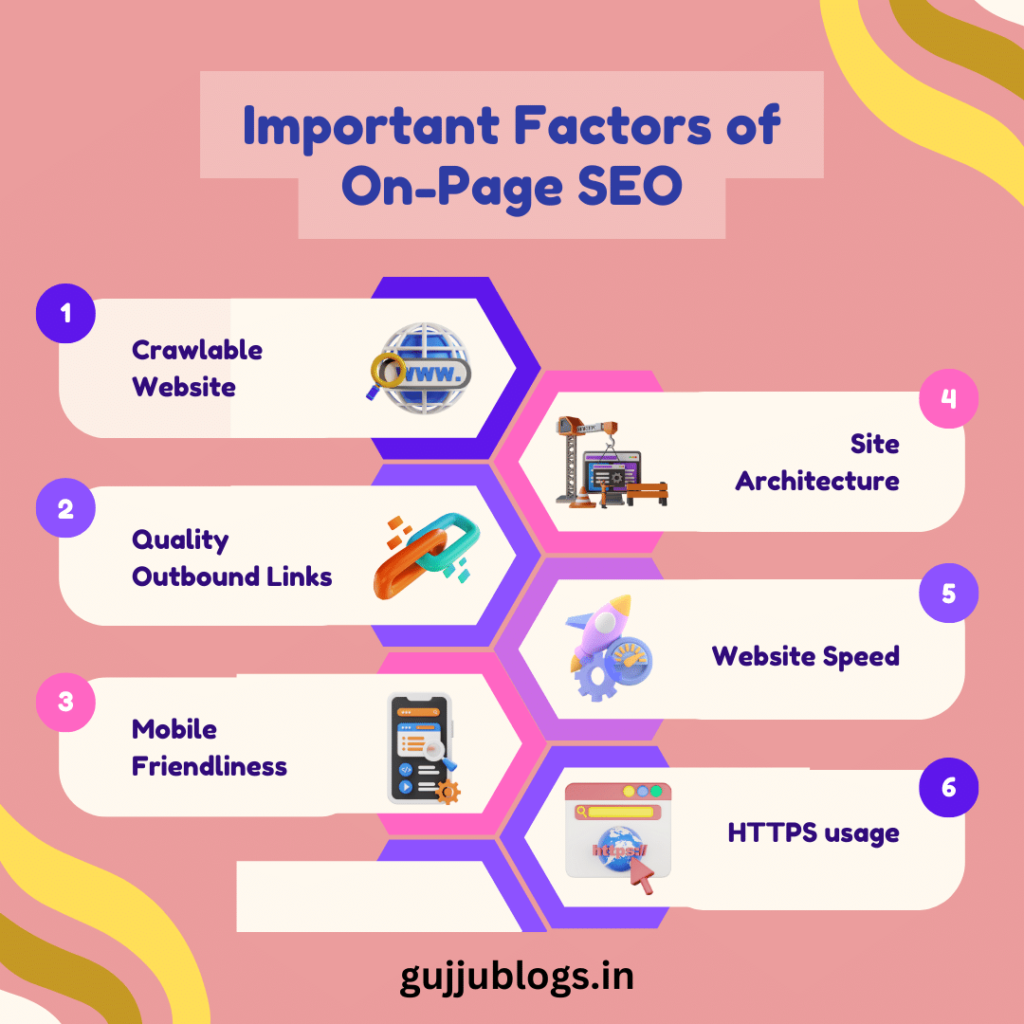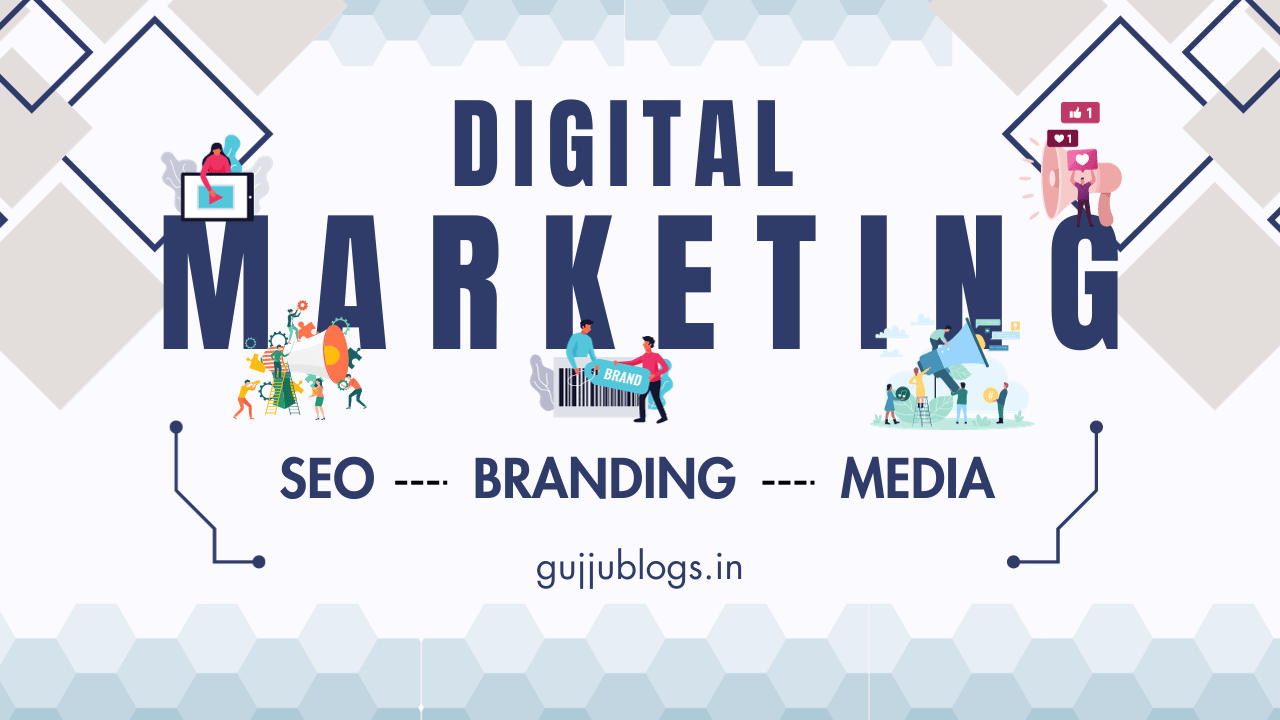In today’s fast-paced and highly competitive business landscape, digital marketing has become an essential tool for companies. It has forever changed the way businesses operate and communicate with their customers. The impact of digital marketing strategies goes beyond just boosting sales; it has significant consequences on profit margins and the overall growth potential of a business.

Understanding Digital Marketing
Digital marketing, also known as online marketing, encompasses various strategies and techniques that businesses use to connect with their target audience through digital channels. These channels include search engines, social media platforms, email, websites, and mobile apps. By leveraging digital marketing, businesses can enhance their brand presence, engage with customers, and drive growth.
The Power of SEO
One of the most impactful aspects of digital marketing is search engine optimization (SEO). SEO involves optimizing your website and content to improve its visibility in search engine results pages. By ranking higher in search engine results, businesses can attract more organic (unpaid) traffic to their websites. This increased visibility translates into more potential customers discovering your products or services.
SEO is a crucial component of any digital marketing strategy as it helps businesses reach customers they may have never encountered otherwise. With the majority of internet users only looking at the first page of search results, ranking higher increases the chances of attracting relevant traffic and converting them into customers.

The Importance of Data-Driven Insights
Digital marketing provides businesses with valuable data and insights that can shape their marketing strategies. With tools like Google Analytics, businesses can track website traffic, user behavior, and engagement metrics. This data helps businesses understand which channels and campaigns are driving the most sales and conversions.
By analyzing this data, businesses can make informed decisions about their marketing efforts. They can allocate resources to the most effective channels, refine their targeting strategies, and optimize their campaigns for better results. This data-driven approach allows businesses to continuously improve their marketing efforts and drive growth.
Leveraging Social Media
Social media has revolutionized the way businesses connect with their customers. Platforms like Facebook, Instagram, and Twitter provide businesses with a direct line of communication to engage with their target audience. Through social media marketing, businesses can share valuable content, build brand awareness, and foster customer loyalty.
Social media also allows businesses to personalize their brand messaging and control the narrative surrounding their products or services. By responding to customer feedback and addressing their concerns, businesses can build trust and strengthen their customer relationships. Additionally, social media provides valuable insights into customer preferences and behavior, which can inform marketing strategies and drive growth.
Building an Online Presence
In today’s digital age, having an online presence is essential for businesses. Consumers increasingly rely on the internet to search for products and services. Without a strong online presence, businesses risk being invisible to potential customers.
Establishing an online presence involves creating a website, claiming business listings on platforms like Google My Business, and leveraging social media channels. These digital touchpoints allow businesses to showcase their products or services, provide information to potential customers, and drive traffic to their websites.
An online presence not only increases brand visibility but also helps businesses build credibility and trust. Customers are more likely to engage with businesses that have a strong online presence, as it demonstrates professionalism and reliability.
Personalizing the Customer Experience
Digital marketing empowers businesses to personalize the customer experience and tailor messaging to specific customer segments. By leveraging customer data and insights, businesses can deliver targeted content and offers that resonate with their audience. This personalization creates a more meaningful and engaging experience for customers, leading to increased loyalty and repeat business.
Personalization extends beyond just marketing messages. With advancements in technology, businesses can offer personalized product recommendations, customized email campaigns, and interactive website experiences. These personalized touchpoints enhance customer satisfaction and drive growth by fostering stronger customer relationships.
Targeting Core Customers
Digital marketing provides businesses with tools and strategies to target their core customers more effectively. By leveraging data analytics and segmentation, businesses can identify their ideal customer profiles and tailor their marketing efforts accordingly. This targeted approach ensures that businesses are reaching the right audience with the right message at the right time.
Digital marketing platforms, such as email marketing software and customer relationship management (CRM) systems, enable businesses to segment their customer base and deliver personalized content. This targeted marketing approach maximizes the impact of marketing efforts, increases conversion rates, and drives business growth.
Providing Value Through Content Marketing
Content marketing plays a crucial role in digital marketing strategies. It involves creating and sharing valuable, relevant, and informative content to attract and engage a target audience. Content can take various forms, including blog posts, videos, infographics, and social media posts.
By providing high-quality and valuable content, businesses can establish themselves as thought leaders in their industry and build trust with their audience. Content marketing not only drives organic traffic to websites but also helps businesses nurture leads and convert them into customers. Through content marketing, businesses can showcase their expertise, address customer pain points, and provide solutions, ultimately driving business growth.
Measuring Success and Return on Investment
One of the significant advantages of digital marketing is the ability to measure success and return on investment (ROI). Unlike traditional marketing methods, digital marketing allows businesses to track and analyze the performance of their marketing campaigns accurately.
Using tools like Google Analytics and marketing automation platforms, businesses can monitor key metrics such as website traffic, conversion rates, and customer engagement. This data provides valuable insights into the effectiveness of marketing efforts and allows businesses to make data-driven decisions.
By measuring ROI, businesses can determine which marketing channels and campaigns are generating the highest returns. This knowledge enables businesses to optimize their marketing strategies and allocate resources effectively, driving business growth.
Expanding Reach Globally
Digital marketing breaks down geographical barriers, allowing businesses to expand their reach globally. With an online presence and targeted digital marketing campaigns, businesses can reach customers anywhere in the world. This global reach opens up new growth opportunities and customer segments that may have been inaccessible through traditional marketing methods.
By leveraging digital marketing strategies, businesses can tap into international markets, target specific demographics, and increase their customer base. This expanded reach has the potential to significantly impact business growth and revenue.

Embracing the Power of Digital Marketing
In conclusion, the impact of digital marketing on business growth cannot be overstated. It provides businesses with the tools, insights, and strategies to connect with their target audience, drive brand awareness, and increase revenue. By leveraging SEO, personalization, social media, and content marketing, businesses can create a strong online presence, cultivate customer relationships, and drive growth in the digital age.
Conclusion
To stay competitive in today’s digital landscape, businesses must embrace the power of digital marketing and adapt their strategies to effectively engage with their target audience. The continuous evolution of digital marketing presents new opportunities for businesses to drive growth and achieve their business objectives. By leveraging the impact of digital marketing, businesses can position themselves for success in the ever-changing digital landscape.
In case we recover any new facts we will add it to the article.
